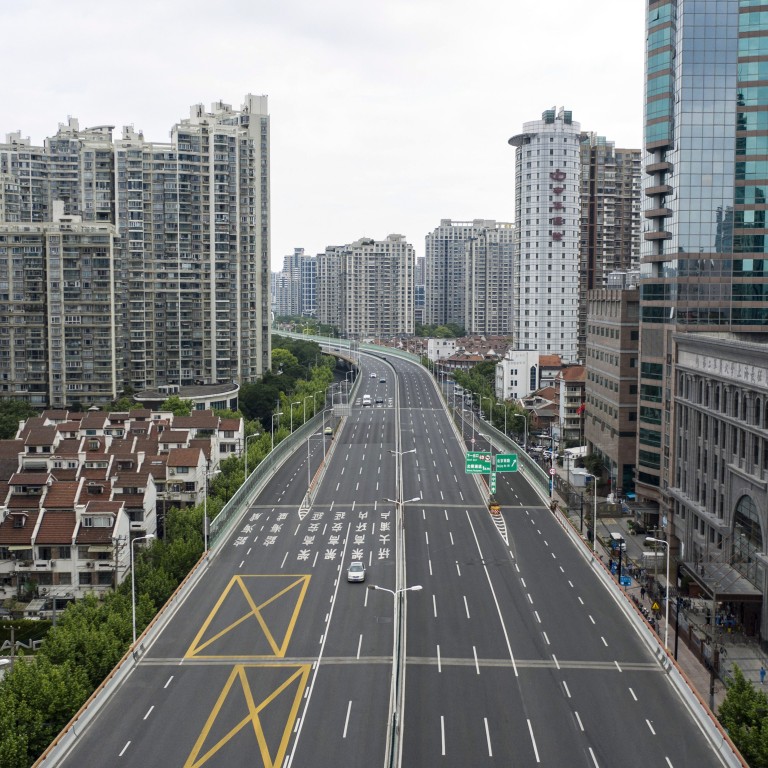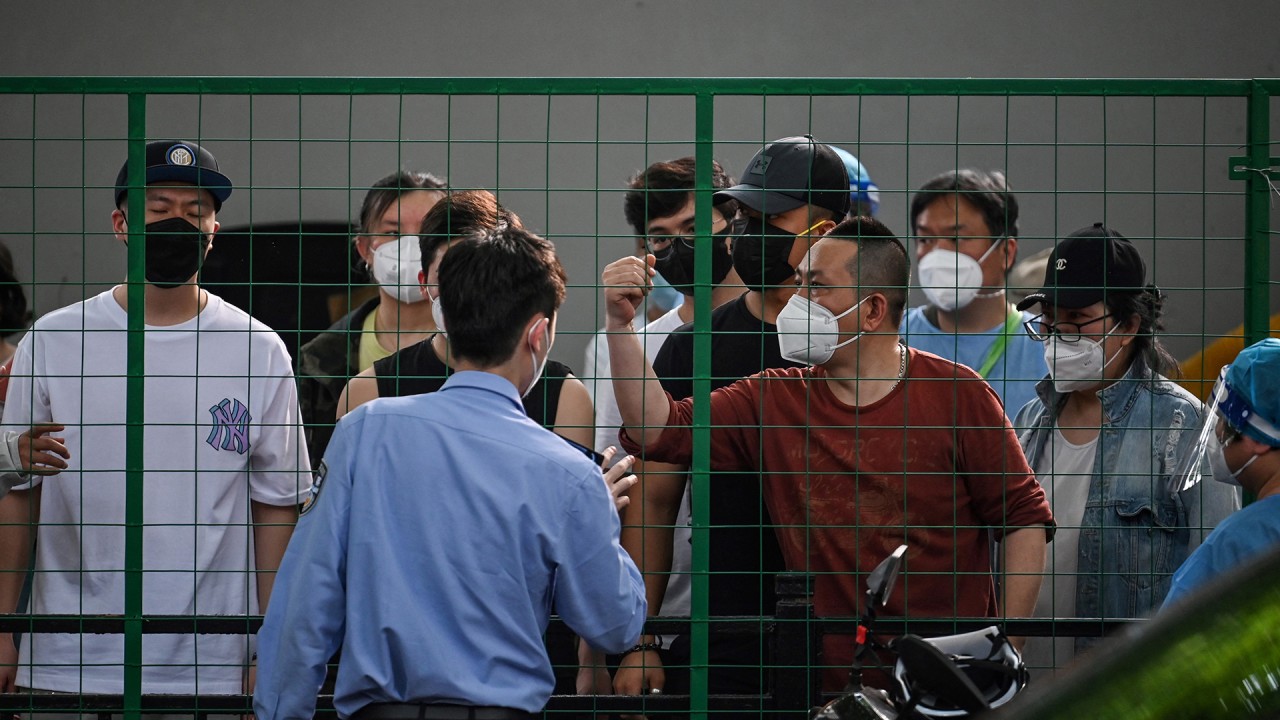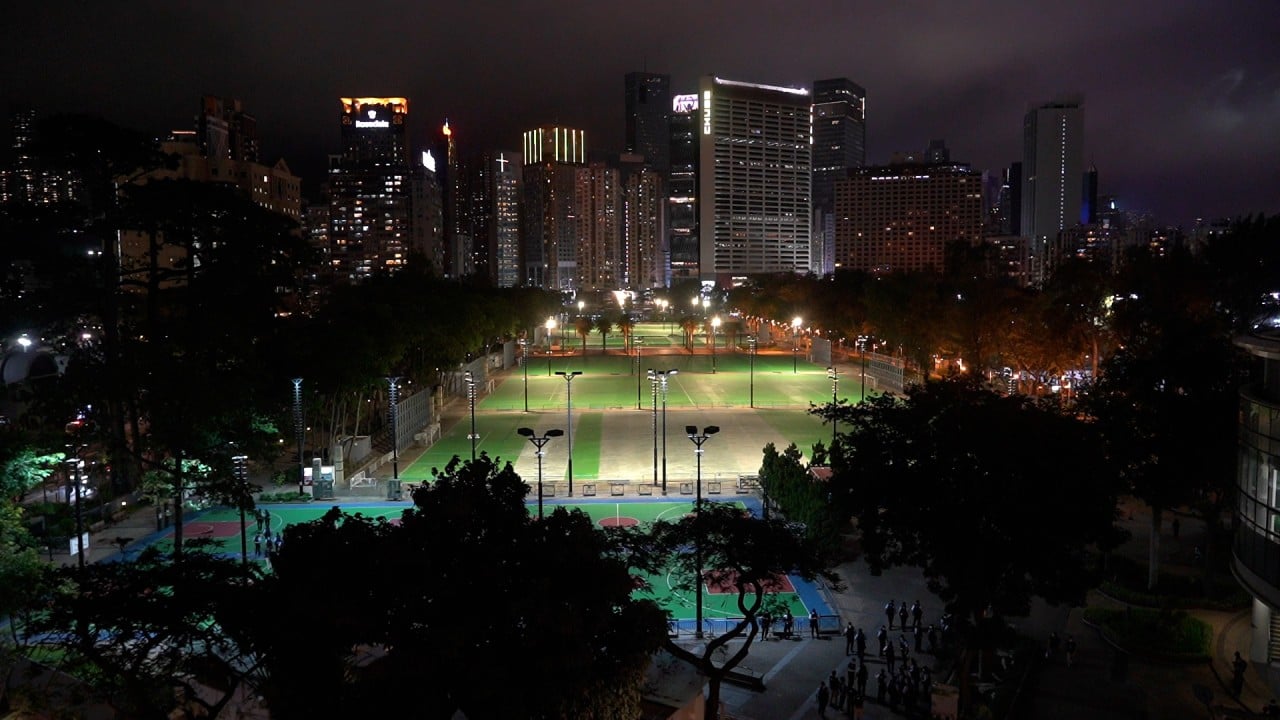
Lockdowns and Tiananmen amnesia – why Beijing isn’t ready for the Chinese century
- Shutdowns in the country’s biggest cities chip away at the already low international confidence in China’s economy
- Forgetting to remember history can bring the past back to life in unintended ways
The international order is rapidly unravelling in front of our eyes in the wake of the Covid-19 crisis and Russia’s war in Ukraine, with the decline of Pax Americana, or US dominance in world affairs.
But, despite all the talk about the emergence of the Chinese century, Beijing does not seem ready for it yet.
For many, including its enthusiastic apologists, Beijing’s heavy-handed response to the outbreaks of the Omicron variant, especially the shutdown or partial shutdown of Shanghai, Shenzhen and Beijing, was largely unexpected and unnecessary.
The draconian two-month lockdown of Shanghai, a city of 25 million and the country’s biggest port, dealt a devastating blow to China’s ailing economy and accelerated the exodus of foreign workers and others who previously had no plan to leave.
Its exact economic and political impact may take months to play out, but it has clearly diminished the remaining confidence in the Chinese economy among global investors and drawn sharp criticism from business communities and world leaders.
But not surprisingly, Beijing has displayed little willingness so far to rethink – let alone scrap – its controversial zero-Covid strategy ahead of the sweeping leadership reshuffle later this year.
While some observers lament Beijing’s missed opportunity to retain global leadership in pandemic control, its clampdowns on public commemorations of the bloody Tiananmen Square crackdown in 1989 came as little surprise.
The ban in Hong Kong, which until 2019 was the only place in China allowed to hold remembrances for those killed in the pro-democracy movement 33 years ago, is a sign that the city is losing its most precious freedoms and becoming like every other in the country.
Over the years, Beijing has tried to erase memories of the tragic event, with the topic deemed off-limits across the mainland. But such censorship efforts can have unintended effects too, and can even backfire, especially for those who have no knowledge of the event.
Like the inhumane Omicron lockdowns, Beijing’s censorship of one of the country’s most politically sensitive issues has raised questions about its credibility. Its global ambitions are also on the line, with doubts about whether it can be trusted to live up to its pledges to become a benign, responsible power.



